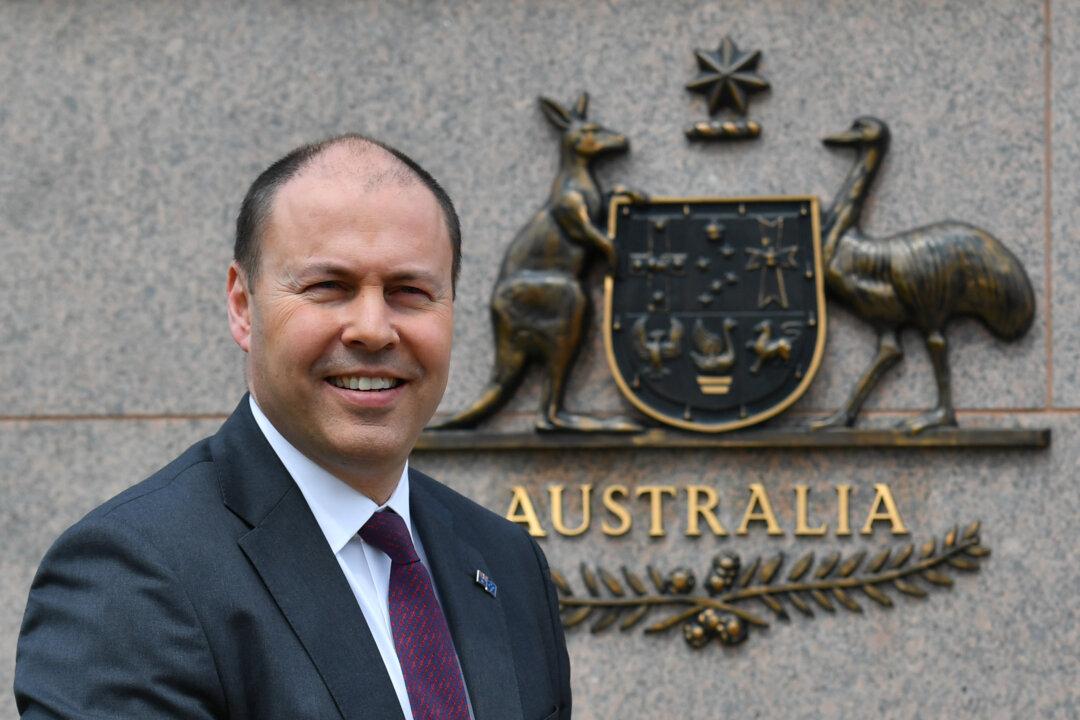Australian Treasurer Josh Frydenberg said on Wednesday that the actions of the Chinese regime do not match the words of its leader, Xi Jinping, who told the World Economic Forum that large nations should not bully small ones.
“Well we agree with that sentiment, that big nations should not bully small ones but there seems to be a bit of a disconnect between the words and the actions,” Frydenberg said.




